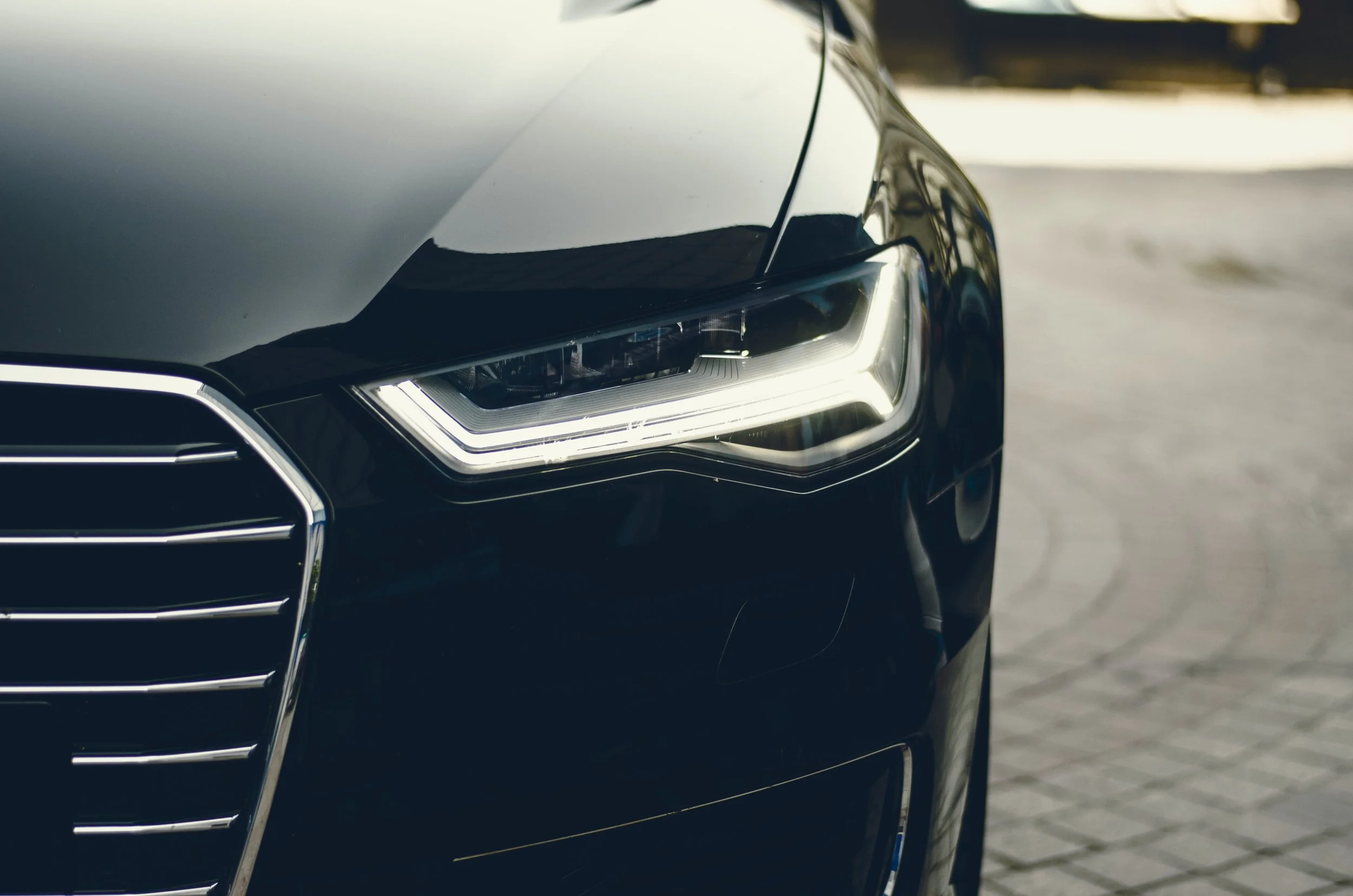Global Brands Large and Small Embrace Circular Economy
No company can afford to ignore the Circular Economy anymore. There are now a half dozen organizations offering companies certification in Circular Economy techniques and values. When Accenture Strategy honored the best at the Circulars, there were 450 applicants from 45 countries. They span the range of products and services recognized by the World Economic Forum, from farming to feedstock, from biogas to manufacturing, from recycling to the service industry. Certain trends are emerging, nonetheless. Certain industries seem poised to lead the Circular Economy in the near term.
Car Culture
The Canadian brand Enerken turns trash into gas. It takes the carbon from trash that cannot be recycled and transforms it into ethanol and methanol that can be used to fuel your car, along with other things. Edmonton, instead of generating another 100,000 tonnes of landfill a year, currently reuses 90% of its trash. The Atlanta brand Lehigh Technologies turns busted old tyres into micronized rubber powder. That micronized rubber powder can then be turned into new tyres as well as substances like asphalt for paving roads. The Australian brand Close the Loop has been recycling computer printer ink cartridges, plastic bags, even glass bottles into an asphalt that lasts 65% longer than the current asphalt used to pave roads.
Clothing
Levi Strauss stores now accept used clothing which its partner I:CO turns into insulation, a mere start at stemming the tide of 24 billion pounds of discarded textiles, clothes, and footwear in US landfills alone. The Thread brand recycles plastic bottles in Haiti and Honduras to create "responsible fabric" that is used, for instance, in Timberland brand footwear. Textile manufacturing and dying also uses massive amounts of water which it leaves polluted with toxic waste, devastating the environments of India and Bangladesh, China and Vietnam, even Thailand. Dutch brand DyeCoo, can dye cloth using no water at all and no chemicals other than the dyes. It uses "supercritical" carbon dioxide pressurized to a state midway between a gas and a liquid. The resultant evaporated carbon dioxide is reused and almost all the dye (98%) is absorbed by the cloth. Energy is also saved by eliminating the drying step. DyeCoo is a current supplier of major brands such as Nike and IKEA.
Food and Beverage
The world's largest brewer, AB InBev, is aiming at 100% recycled and/or recyclable packaging by 2025. Nearly half of its current beverages are sold in returnable glass bottles currently. In addition, they refuse spent grain - not only for cattle feed, but in a new protein drink they have branded Canvas. Meanwhile, the Miniwiz Trash Lab offers the Trashspresso, a machine that turns used plastics into building tiles using no water and only solar power. It can process 50kg of recycled bottles in an hour. Five bottles of fifty caps and ringlettes create one hexagonal tile. The British brand Winnow aims to tackle your kitchen trash at the curb. In the same way that water and electricity are metered, Winnow meters trash - so far just for commercial kitchens. It is estimated that up to 20% of food is wasted in the 40 countries where Winnow works. Possible savings are estimated at $25 million.
Contact us to learn how you can poise your brand to get onboard the Circular Economy.


